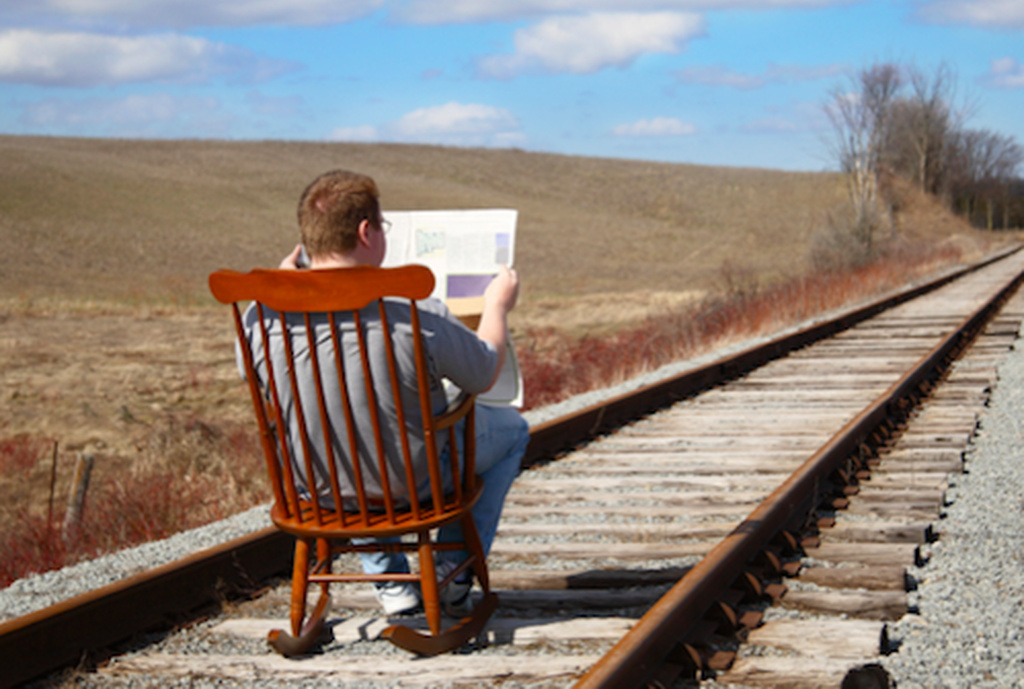My father, R.J. Rushdoony, once made a comment on anti-Semitism that has always struck me as profound. He said that the point of Scripture was not that the Jews were the worst of peoples, but the best. They had every advantage, including prophets and divine revelation, provided for them, and God’s law made them an ethically superior and stable culture. Yet, despite these advantages, their history is dominated by sin and rebellion. The sin of Adam continued its destructive course.
It is an ironic commentary on human nature that, despite being humbled by the Babylonian Captivity, the Jewish nation became dominated by pride because they saw God’s grace to them a normative. If God’s grace is a given in life, than no response is necessary and we can look down on others who have no heritage of godliness. Oddly enough, the book of Esther is about a proud man being brought low, yet modern Jews have seen it as an example, rather, of the inevitable triumph of the Jewish people. A lesson against pride has been used as a source of pride. Such is the tendency of a people in many ways very superior.
Christians fall into the same error. We can be so comfortable in our national, denominational, or theological heritage that we take pride in a past and project its “storehouse of merits” on our culture and ourselves. If God’s grace and blessings are seen as normative, we can stand pat and refuse to do the work of the Kingdom with a sense of personal responsibility.
The best tradition and heritage we inherit are worthless if they orient our thinking and action to the past rather than the future. The doctrine of the new birth means we are new creatures in Christ, newborn in Him and not bound to the old man in Adam. The analogy of the ecclesia (“church”) as the “body” of Christ also means it must, as a whole, be developing in strength and coordination. Yet another analogy is that of the church as a vine. Dead wood is a hindrance needing to be periodically pruned and burned by God.
The faith as made progress in the past because it was made a dynamic part of life. If we try to refresh and preserve the past look of the faith, our orientation will be backwards, rather than forward. The past can provide examples to us, but it must never be our ideal, as though we can now rest in the accomplishments of others. Such thinking leads to pride and indolence.
The humanistic worldview is beginning to collapse. We can only replace it with a dynamic Biblical worldview that seeks to increase righteousness in terms of self-conscious obedience to the Word of God.
Are you in?

- Mark R. Rushdoony
Mark R. Rushdoony graduated from Los Angeles Baptist College (now The Master’s College) with a B.A. in history in 1975 and was ordained to the ministry in 1995.
He taught junior and senior high classes in history, Bible, civics and economics at a Christian school in Virginia for three years before joining the staff of Chalcedon in 1978. He was the Director of Chalcedon Christian School for 14 years while teaching full time. He also helped tutor all of his children through high school.
In 1998, he became the President of Chalcedon and Ross House Books, and, more recently another publishing arm, Storehouse Press. Chalcedon and its subsidiaries publish many titles plus CDs, mp3s, and an extensive online archive at www.chalcedon.edu. His biography of his father will be published later this year (2024).
He has written scores of articles for Chalcedon’s publications, both the Chalcedon Report and Faith for all of Life. He was a contributing author to The Great Christian Revolution (1991). He has spoken at numerous conferences and churches in the U.S. and abroad.
Mark Rushdoony has lived in Vallecito, California, since 1978. His wife, Darlene, and he have been married since 1976. His youngest son still resides with him. He has three married children and nine grandchildren.

